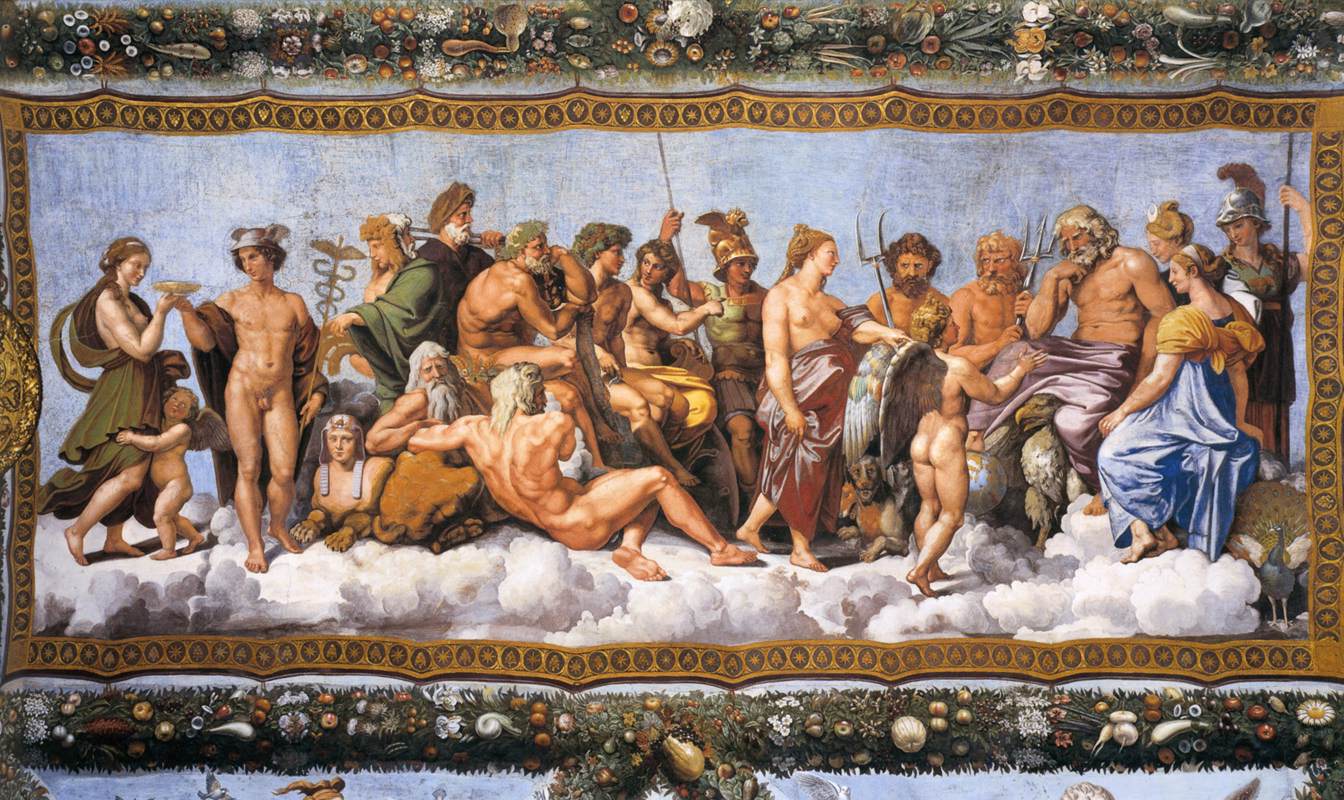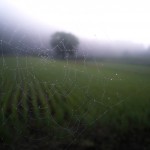Another of the big discussions of privilege that occurred at PCon this year was regarding Wiccanate privilege. I did not attend this panel. I had decided to not write on this topic as I don’t feel particularly strongly about it. But after going through some of the various write ups of this panel, I have some thoughts.
Firstly, there is some great discussion occurring, mainly in regard to the larger ideas of what our communities are, stand for, and how they work (or don’t work) together. There are also a lot of people telling each other what counts and who counts as what. That I don’t like so much, and seems to be a big part of what people don’t like. Go figure.
Secondly, I want to say that I find PSVL utterly and completely reasonable. Now I’ve not read every post e’s written. But I think eis* ideas about polytheism and wanting to be accepted as one and as part of the wider Pagan umbrella perfectly reasonable. I think e’s doing good work to advance polytheism and Paganism.
My experience with Wiccanate privilege has been Wicca’s ubiquity. Fifteen years ago as I was seeking out feminist spiritualities I found an overwhelming amount of goddess centered, New Age writings and basic Wicca texts. There wasn’t much else in book stores or online, and I just didn’t know the right questions to ask. There’s a reason that when some one says they are a Pagan most people assume they’re Wiccan – it’s just been the most visible aspect of modern American Paganism thus far. There is a degree of Wiccanate privilege in this, but I think it’s less about privilege per se, than it is about people being willing to learn about different beliefs. It seems like the time is ripe for more flavors of religious expression to make themselves known.
I think the benefit of gatherings like PCon is that we get to see the wide variety of practices and traditions that exist under the Large Umbrella and that we can have these conversations together. The people who fall outside of Wicca and Wiccan-influenced traditions who are able to attend are expressing with their very presence that they want to be included, and those who host hospitality suites, workshops, or rituals are creating an opening to greater understanding.
The privilege I see is less of a Wiccanate privilege and one of theological discourse. In PSVL’s write up he describes being asked what polytheist means: “many gods” is his (correct) response. But then moderator Jeffrey Albaugh says that’s not enough of a descriptor. Now PSVL is perfectly able to describe himself and his practice in theological detail. He knows the difference between monist and monotheist, etc. But most people don’t and can’t. Why this hair splitting? And how can we expect 95% of Pagans to do this, when even graduate-level educated Pagans can’t agree on terms?
I think the terms themselves are fairly straight forward. What’s complicated is applying them to our lived experiences. I may be philosophically one thing, but have little actual experience of it. I may try to fit my experience into a philosophical term, or try to shove neat and tidy terms on to my not so neat and tidy experiences. (By the way, I’ve done all of those things.)
While it can be very helpful for an individual or a community to work out their theologies, most of the Pagans I have met are not interested in theological intricacies. This is not because they aren’t smart enough: I’ve found most Pagans to be incredibly well-read. But most Pagans – most people – don’t have a strong grasp of theology, because it doesn’t have immediate bearing on their practice. As a person trained in theology, I love debating the nitty-gritty details. I think it’s interesting, but I recognize that these debates are exclusionary. Theology is a specialized language.
And hell. If we get down to it, not only does there seem to be great misunderstandings about theological terms, I’m not sure we’re all on the same page about privilege. I want to be excited about the masses embracing theology. But like the discourse that occurs around privilege, I’m seeing the theological debates become clubs (and occasionally inaccurate clubs) used to bludgeon one another. I’m guessing most people just want to get on with their practice.
*Not typos! PSVL prefers Old Spivak pronouns.















